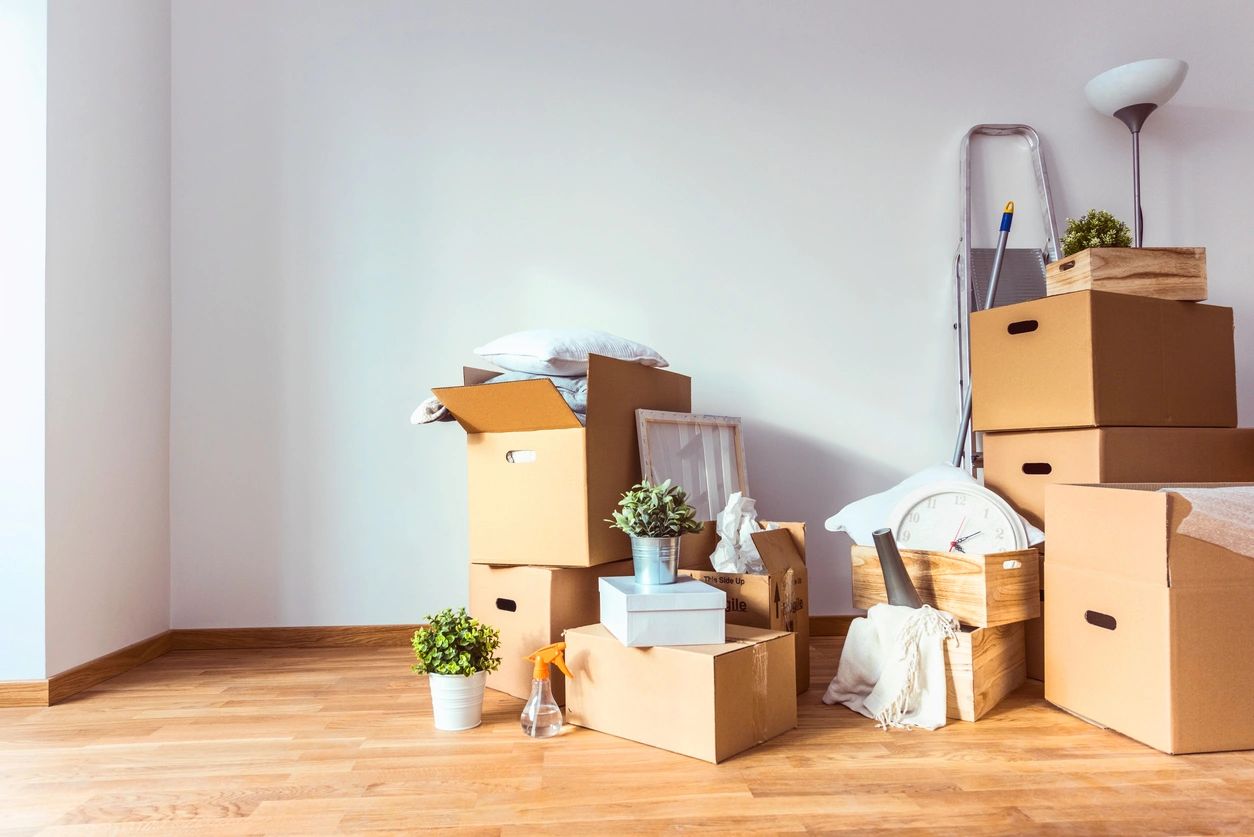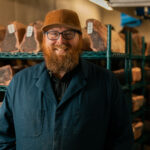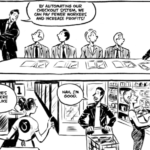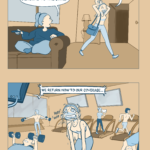A few weekends ago, I had the extreme displeasure of helping two of my best friends put the city behind them. It was a lousy day for a move, endlessly drizzling rain, and I was burnt from balancing the mag with my nine to five. But I was also grateful for the exhaustion–as a kind of emotional numbing agent, that is. Making friends in Denver is hard. Keeping friends in Denver is harder.
I couldn’t blame them for moving. Newly married, they wanted to start a family. And if you’re young, working class, and family-minded, what are your options here? You could move to the burbs, of course. Englewood or Lakewood, maybe. Westminster? But then, egads, the commuter traffic starts to get brutal, and you lose the perks of living in the city.
I’ve spent some time in Thornton and Southeast Denver (in Thornton, I was just up the road from the Waffle House; in Southeast Denver, I was right across the street from Comrade Brewing), and after some rough years, I learned: If you’re going to live in Denver, it’s best to live in Denver.
This is easier said than done, of course. I now reside in Cap Hill, down the street from my dearly departed friends. My apartment building was constructed in the 1930s. In my 550-square-foot abode, there’s no air conditioning. No dishwasher. In-unit laundry? You’re kidding, right? They stripped the doors off an old closet space in the living room to create a niche for tenants to put their TVs. Steel wool has been stuffed into the cracks of my hardwood floors (which creak beautifully) to ward off mice. When it gets cold, the pipes feeding my radiator produce a viking-hammer-on-anvil clang that persists deep into the night.
And even with a full-time office job, I’m just barely keeping my head above water. The aforementioned perks? Well, I can walk pretty much everywhere. The grocery store, Cheesman, my gym, great local bars and restaurants (boy, do I love Charlie Brown’s). My commute from work is 10 minutes, and then I’ve got oodles of time to work on scribbling and assembling this new magazine. Most importantly, I’m right in the thick of it. I’m a guy who needs constant stimulation lest I embrace my natural drift, which is toward stupidity, I’m afraid.
If I had a kid, it goes without saying that the living situation described above would be hard to sustain. I’d have to make the call, like so many do, like my friends did. What if I lost my job? What if they raised the rent (even more)? What if I just gave up? What if I wanted things a little easier? And pursuing an artistic lifestyle? How does one do that here without being rich? It’s damned hard. Denver is rife with artists who come from wealth, and much of the work that flourishes here tells the story: full of talent, absent of pain.
Passionate artists and writers who want to make it in a city with a rich cultural scene (and you will find it here if you stay long enough), well, they just want to live simply. They need a cheap room, food, heat. But, whereas you used to easily afford these things with a part-time job (and thus free yourself up to work as an artist), now you have to bust your hump for the bare necessities.
I’ve known so many excellent artists, writers, and teachers who’ve lived here for a while and then lit out because of these pressures. And it always hurts. Not just me, of course. The city itself is losing out. We’re losing our best.
In my darker moods, I’ve sometimes said that if you want to make art in Denver, you have to make art in spite of Denver. However, I will say that working as the editor of this publication has made me a touch more optimistic about all that. The scene here isn’t dead yet. Not even close in fact. More art floods my inbox and DMs than I have time to consider (sorry about that). And, as a former nomad, I’ve come to learn the virtues of sticking it out. The tide will turn. We’ll keep pressing.
by Paul M. French
Paul M. French is the founder and editor of Denverse Magazine.






